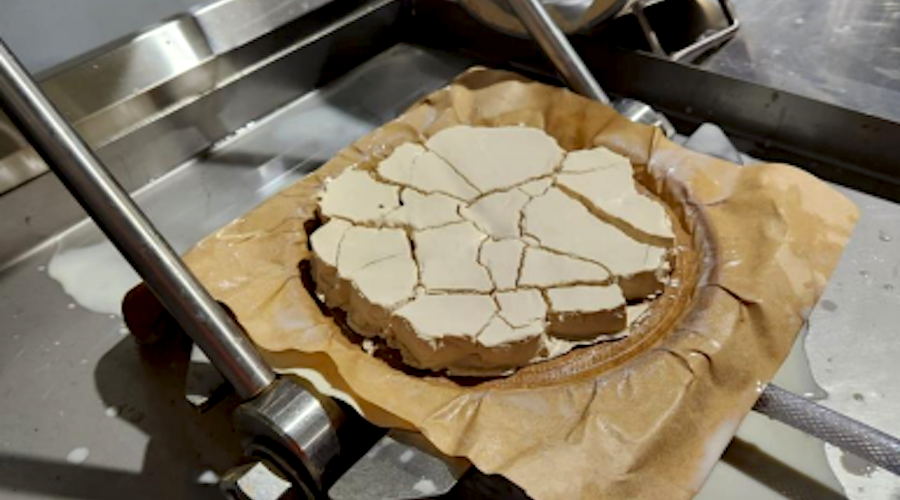

American Rare Earths Ltd (ASX:ARR, OTCQB:ARRNF) has appointed BMO Capital Markets (NYSE:BMO) as its financial advisor, effective November 18, 2024. This strategic move aims to advance the Halleck Creek Project in Wyoming, which is recognized as one of the largest rare earth deposits in North America. CEO Chris Gibbs highlighted the significance of this partnership in facilitating strategic investments and development, aligning with U.S. efforts to enhance domestic mineral production and reduce reliance on foreign sources for critical minerals. The Halleck Creek Project is pivotal in the U.S. critical minerals supply chain, reinforcing the country's commitment to securing its mineral resources. This appointment comes at a time when the demand for rare earth elements is surging, driven by their essential role in various technologies and industries. In a related development, Aclara Resources Inc. has also announced a collaboration with the U.S. Department of Commerce's International Trade Administration to conduct a Location Study for its planned rare earth separation facility in the U.S. This partnership aims to improve operational efficiency and contribute to a resilient supply chain for rare earth elements. Aclara's CFO François Motte emphasized the need for an independent supply chain for rare earths, as the Location Study will evaluate financial incentives, regulatory environments, and workforce availability to optimize costs and project timelines. Both companies are actively contributing to the growth of the rare earth sector in the U.S., which is crucial for the nation's technological advancement and economic stability. [d66618e5][3ccbb254]